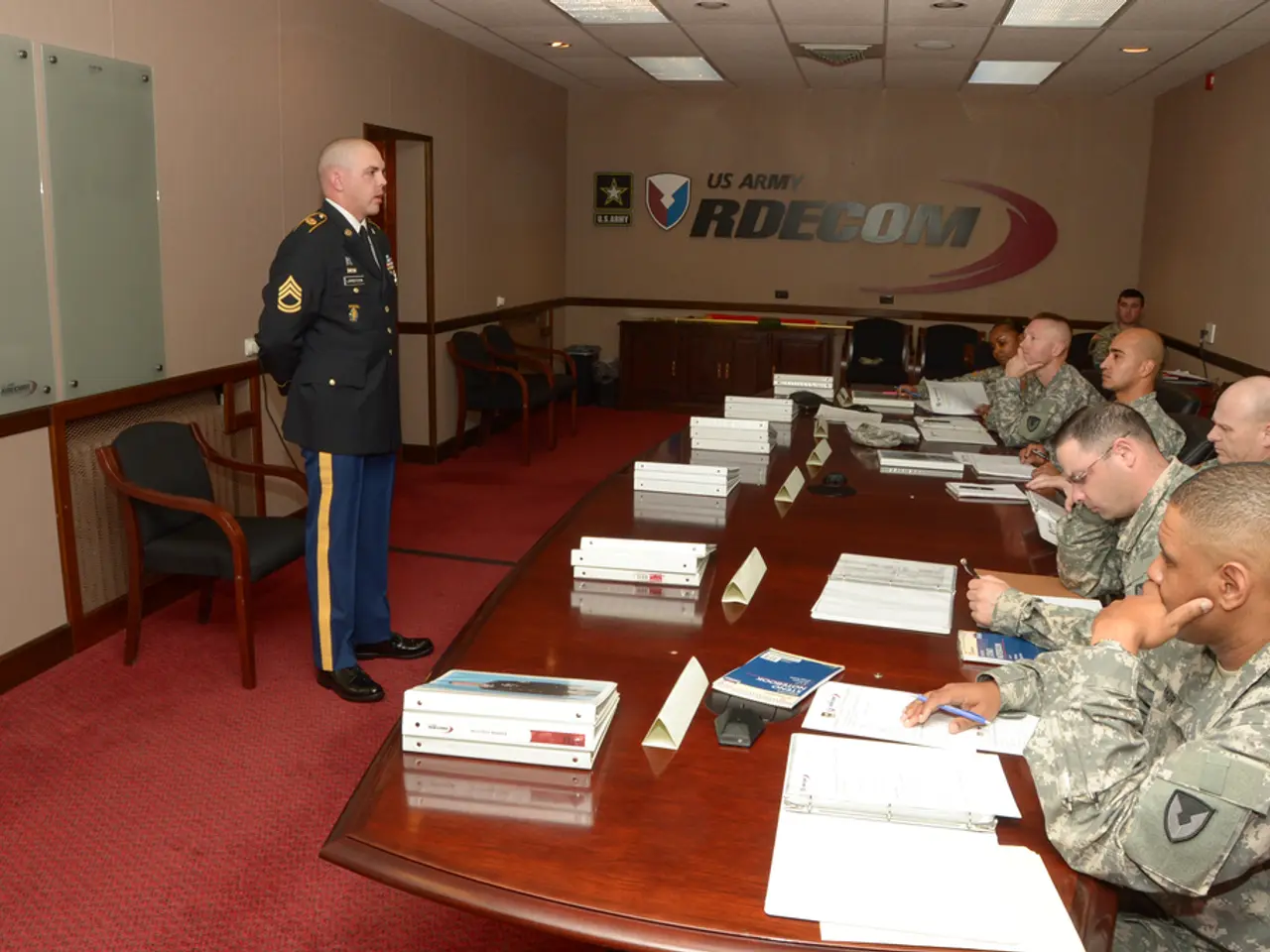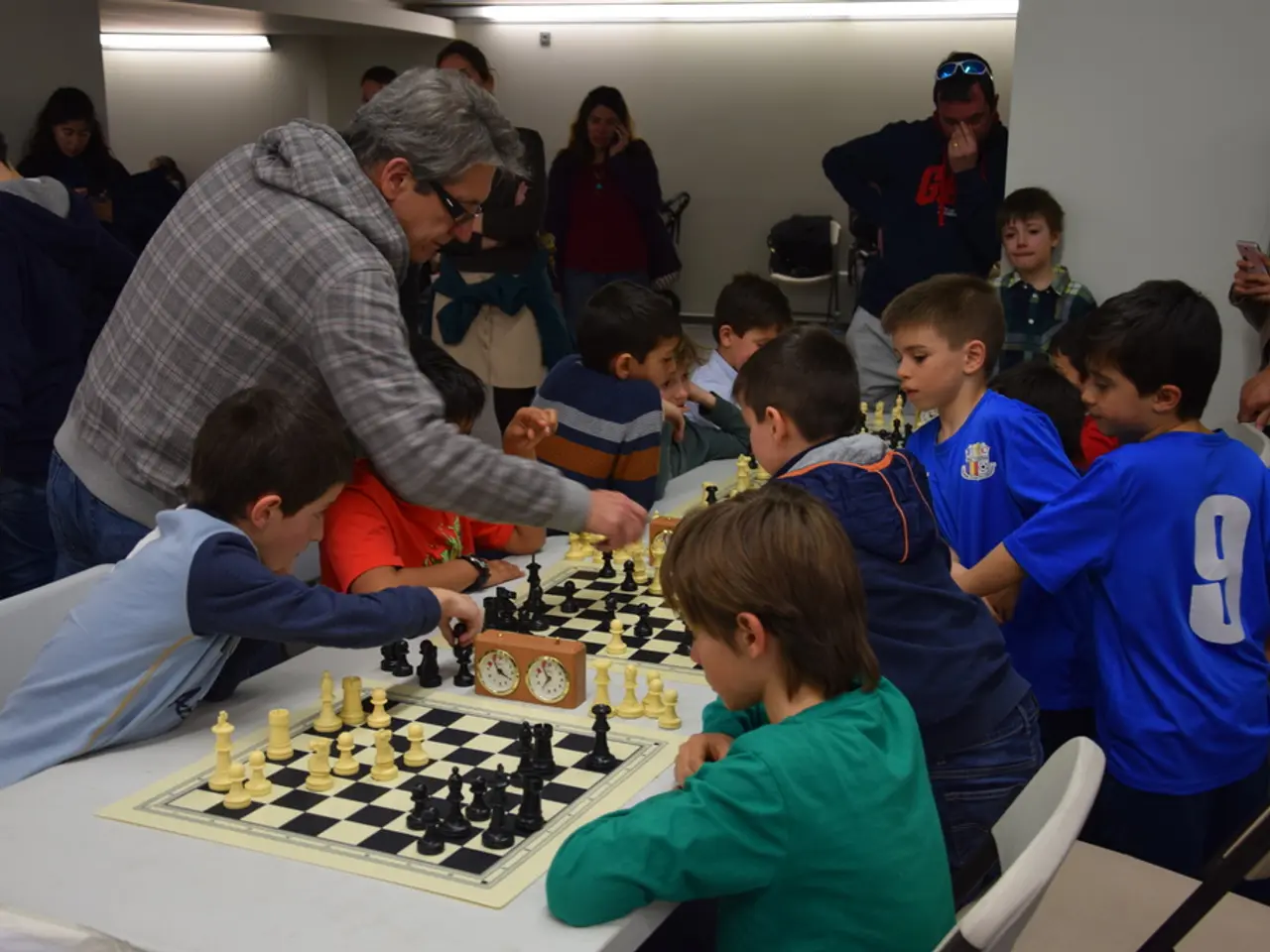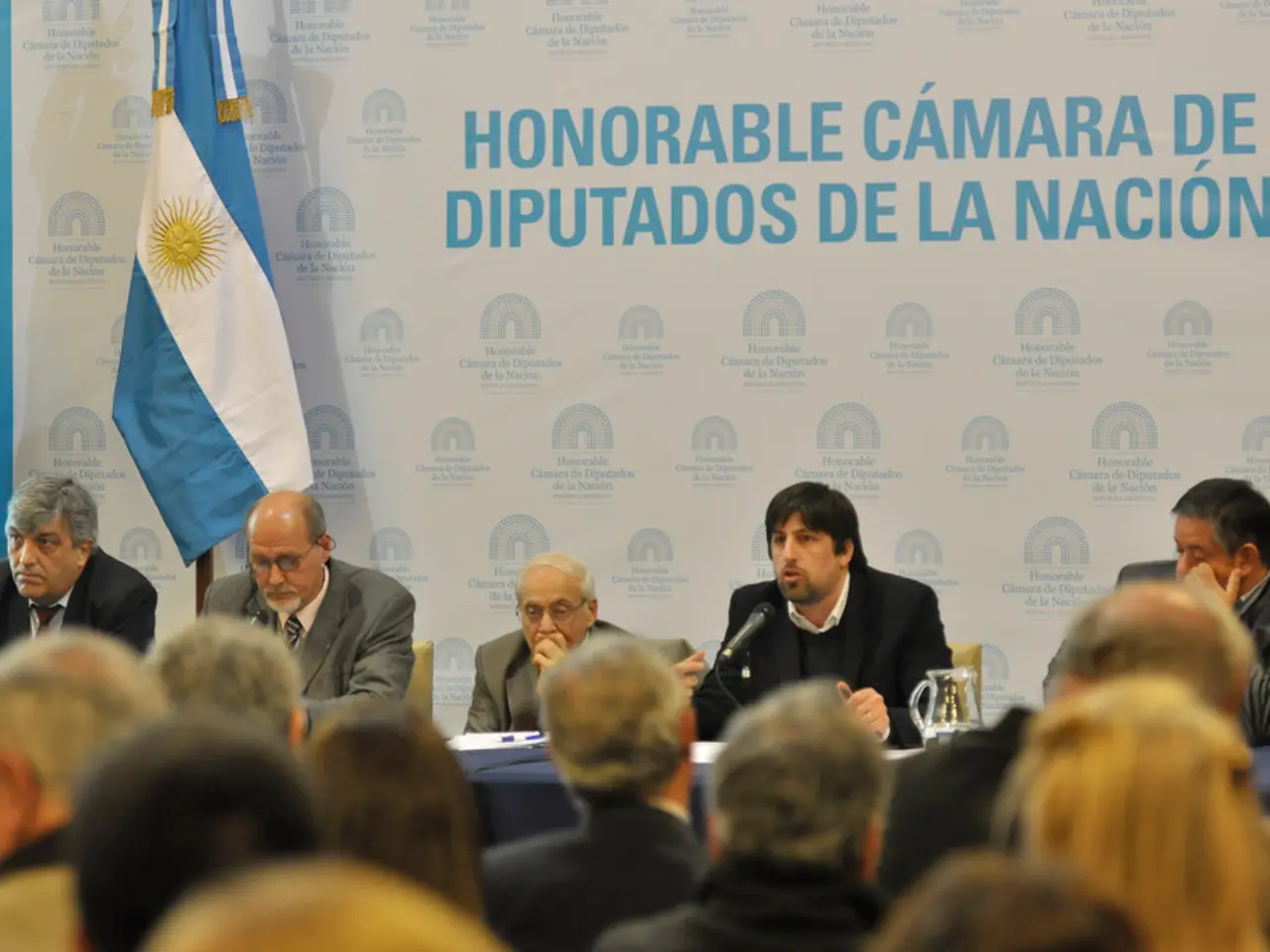Prisoner of war, Carlyle 'Smitty' Harris, creator of 'Tap Code,' passes away.
Retired Air Force Colonel Carlyle "Smitty" Harris: The Man Behind the Tap Code
Retired Air Force Colonel Carlyle "Smitty" Harris, a native of Tupelo, Mississippi, has left an indelible mark on history as the man who introduced and popularized the Tap Code, a covert communication system used by U.S. prisoners of war (POWs) during the Vietnam War.
In April 1965, Harris was shot down over North Vietnam and became one of the first American flyers to be imprisoned during the conflict. He spent nearly eight years in captivity, enduring interrogation, torture, solitary confinement, and malnutrition. Despite these harsh conditions, Harris' resilience and positive attitude never wavered.
During his imprisonment at the infamous "Hanoi Hilton" and other locations, Harris introduced the Tap Code, a simple yet ingenious method of communication that allowed prisoners to exchange messages without speaking. The code, based on a 5x5 grid of letters, allowed prisoners to tap on walls, pipes, or other surfaces to convey letters and words.
The Tap Code was crucial for communication, maintaining morale, and providing a means for the prisoners to feel less isolated. Harris' leadership and innovation in introducing and organizing the use of the Tap Code are recognized in military histories and commemorations of POW experiences from the Vietnam conflict.
After retiring from the Air Force, Harris completed a law degree and practiced law in Mississippi. He also managed a law firm and served as a bank executive. In recognition of his service, a replica of the F-105 that Harris flew in Vietnam was installed in Veterans Memorial Park in Tupelo, Miss., in 2015, with placards detailing his mission and capture. In 2021, a post office in Tupelo was named after him by Congress.
Rep. Trent Kelly (R-Miss.) described Harris as a national and local treasure, praising his compassion and positive attitude that enabled him to endure eight years of imprisonment under awful conditions. Harris' autobiography, "Tap Code: The Epic Survival Tale of a Vietnam POW and the Secret Code that Changed Everything," largely focuses on his experiences as a POW.
The Smithsonian displays some of the artifacts of Harris' internment, such as his tin cup. Harris recovered from his ordeal for a year at Maxwell Air Force Base, Ala., after being repatriated during "Operation Homecoming" in 1973. He also served on numerous community charitable committees and organizations in Mississippi.
Retired Air Force Colonel Carlyle "Smitty" Harris passed away on July 6, 2021, at the age of 96. His legacy lives on as a testament to the power of human resilience and the indomitable spirit of those who served our country during the Vietnam War.
- Retired Air Force Colonel Carlyle "Smitty" Harris, post his retirement, also pursued a career in law and managed a law firm, exhibiting his multifaceted skills beyond the military realm.
- In 2021, a post office in Tupelo was named after Harris by Congress, acknowledging his significant contributions to the nation and his hometown.
- The sports world might not typically associate Harris with athletics, but the replica of the F-105 that he flew in Vietnam, installed in Veterans Memorial Park, could be seen as Harris' own unique form of sports memorabilia.







